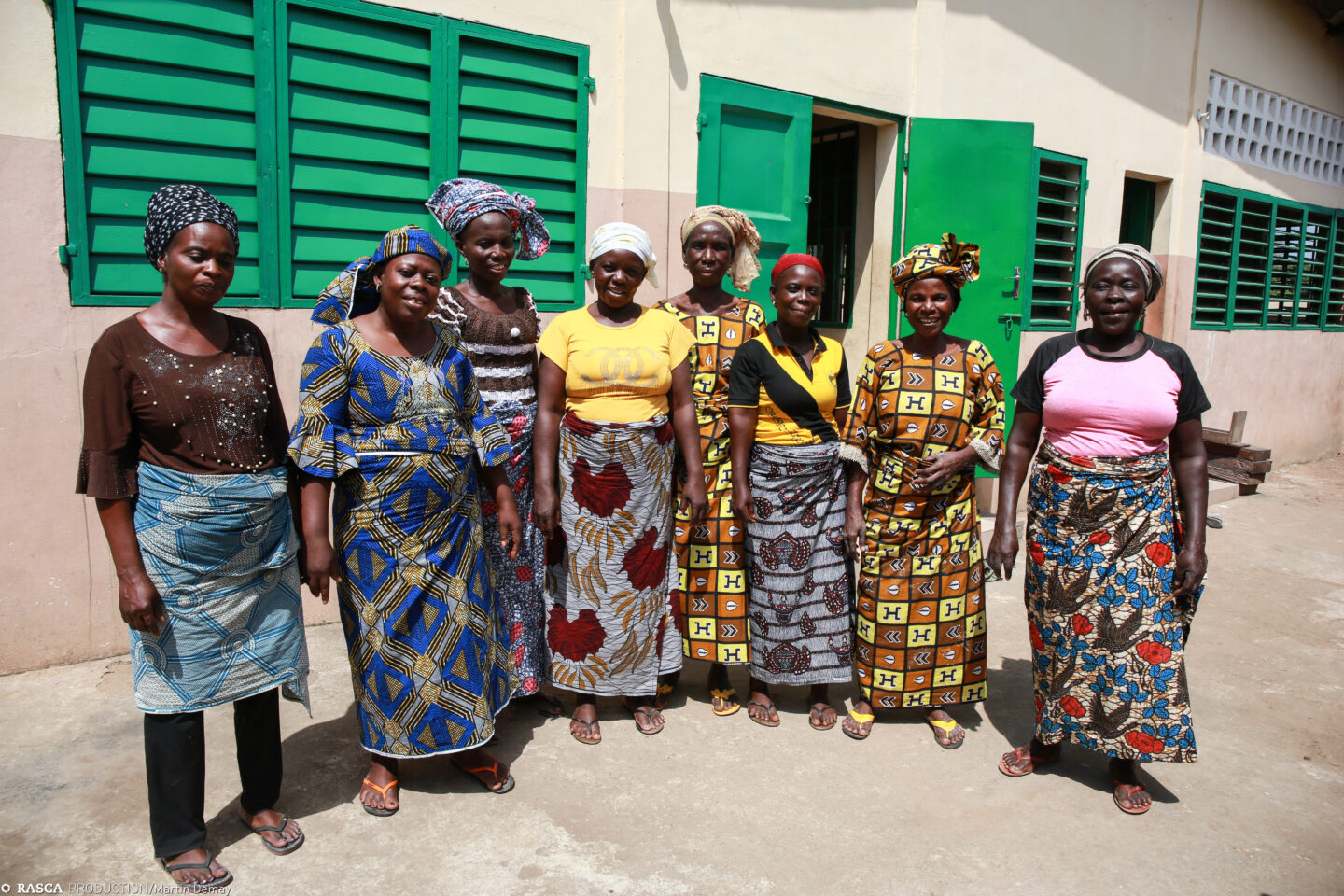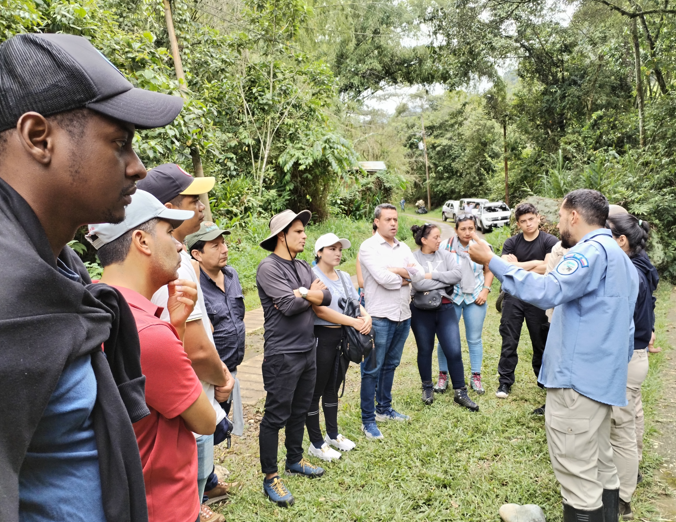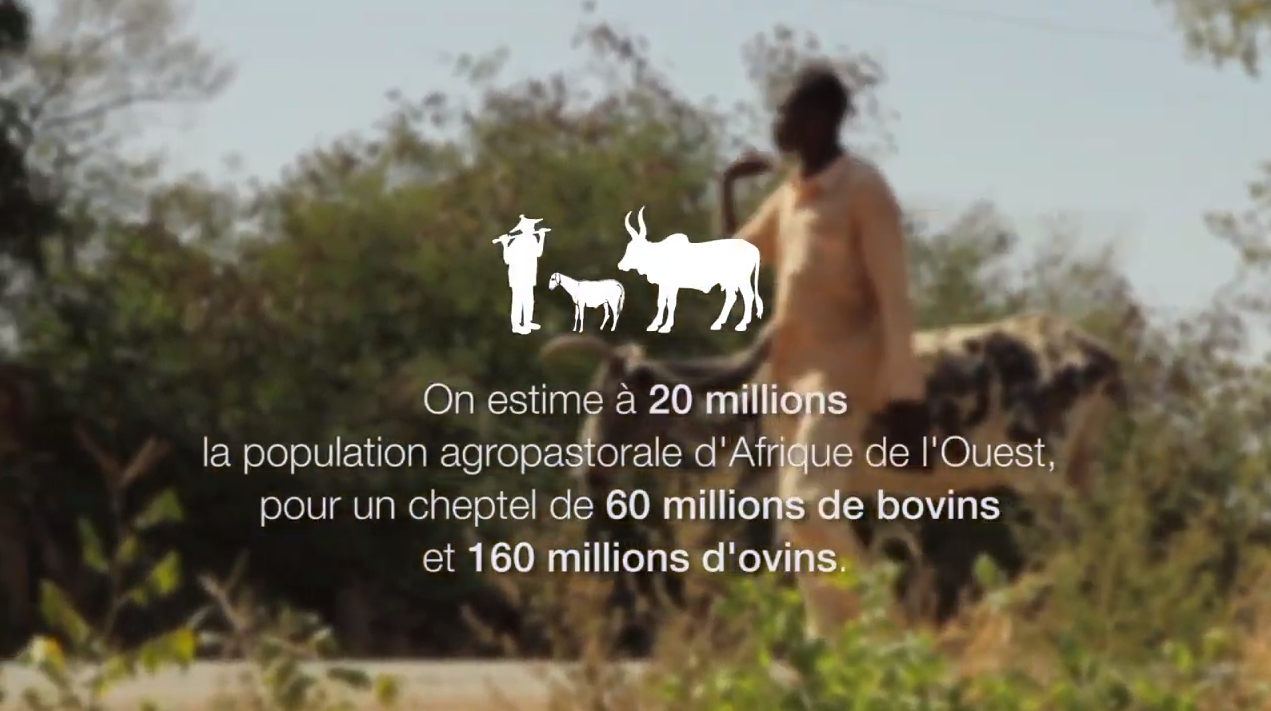The TERSAA programme is based on a two-pronged approach that is both multi-thematic and territorial, targeting all the stakeholders involved in the value chain, from production to consumption of agricultural products.
The TERSAA programme supports three different marketing models:
- by strengthening, for example, agricultural cooperatives that manage their own sales,
- by strengthening companies that involve local producers in their management and governance,
- by supporting independent structures (central distribution units), which have been delegated by producer organisations (POs) and processing units (PUs) to distribute and market their local products.
Despite the worsening security situation in both West Africa and Latin America, and the impact of climate change (drought, flooding, etc.) on the programme’s activities, Acting for Life and its local partners are seeing very satisfactory results.
Helping producers find new market outlets
The first expected outcome of the TERSAA programme is the professionalisation and structuring of organisations and their models for marketing local products, in particular by pooling distribution resources.
To ensure that the organisations supported by the TERSAA programme develop their skills, more than 1,000 people have received training in entrepreneurial management (e.g. financial management and contracting, marketing and sales strategy, drawing up business plans, etc.) and in the social and solidarity economy (SSE). Following on from this support, and in order to pool certain distribution functions based on SSE principles, the TERSAA programme has enabled the construction of eight storage and sales facilities. Now in operation, these physical and/or virtual sales outlets represent a real lever for securing new commercial outlets, by guaranteeing the visibility and availability of local food products.
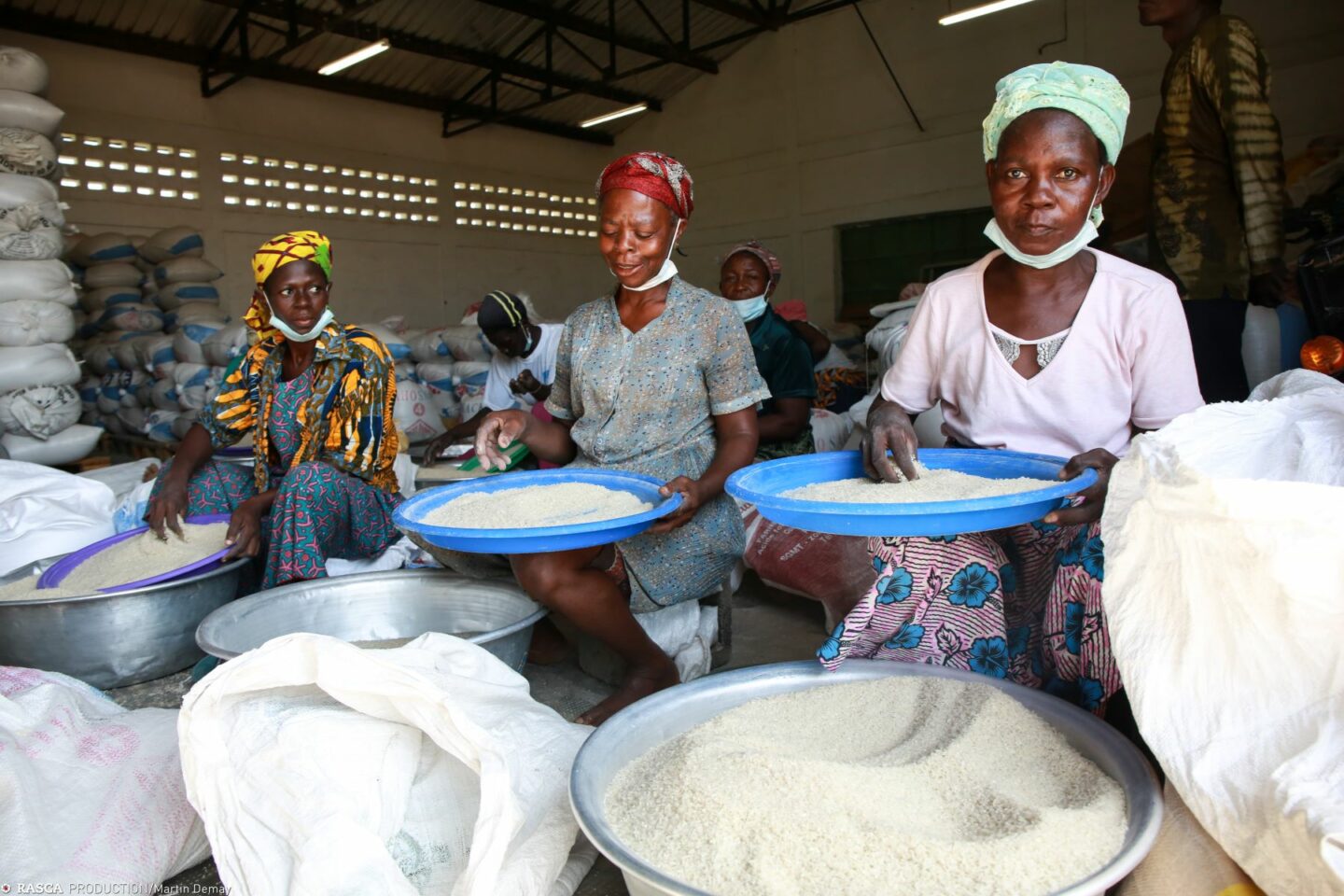
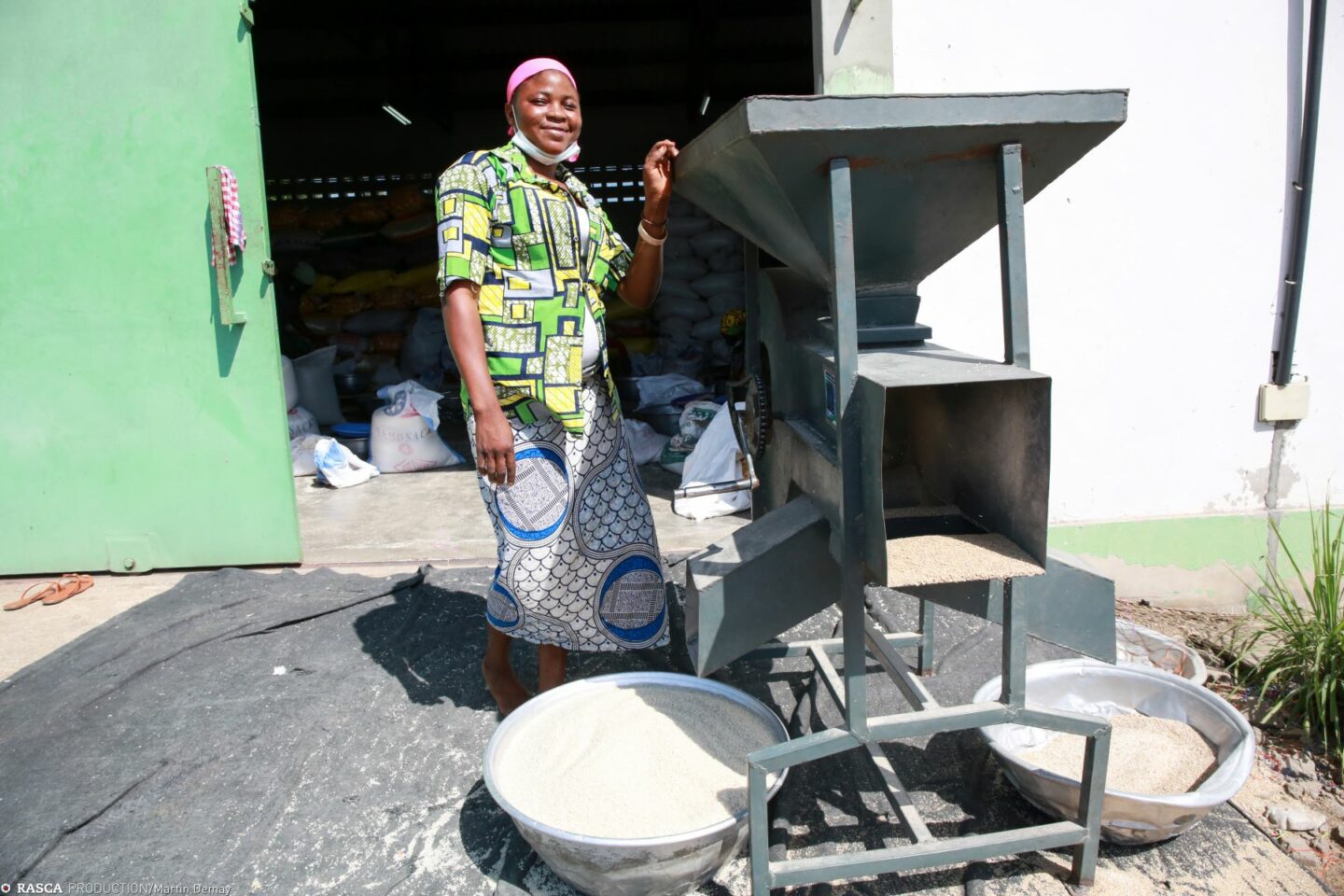
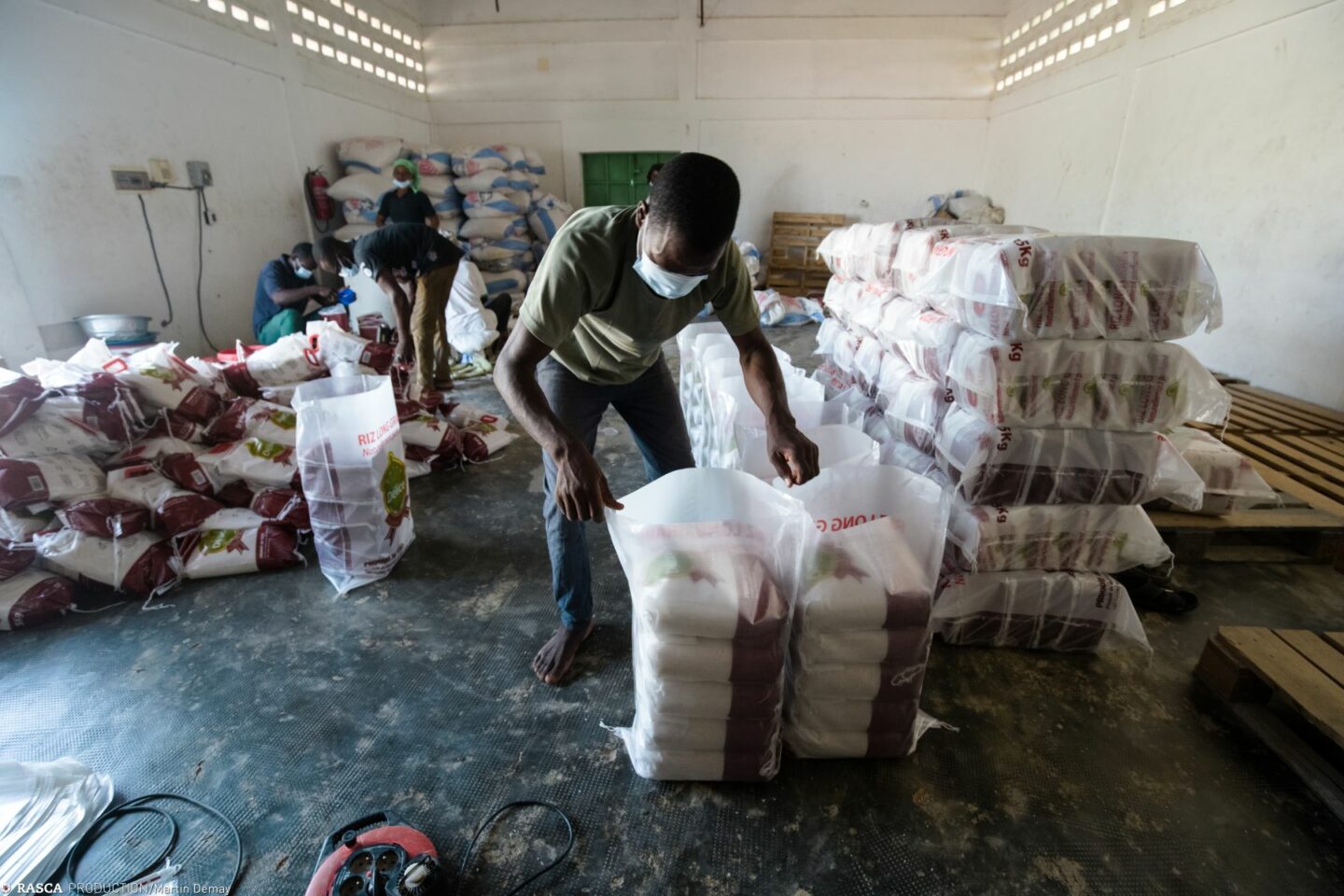
Towards sustainable and resilient practices
More than 1,600 farmers (55% of them women) have benefited from training and technical support to help them adopt environmentally-friendly farming practices. The successful adoption of these practices has resulted in 1,964 hectares of cultivated land being converted, 45% of it in West Africa and 55% in Latin America. In Colombia, some of the hectares developed are now 100% agroecological/organic, and even certified in the case of coffee.
Through its global approach, the TERSAA programme has also provided producers with the means to encourage their transition to agro-ecology. This is reflected in the development of 224 hectares of land for better water management (irrigation of market garden areas), the construction of 18 greenhouses and 3 drying areas, and the provision of 800 farmers with quality inputs.
In order to ensure the long-term adoption of sustainable and resilient practices, it is also essential to support the setting up of young farmers. As a result, 151 young people have received training in agro-sylvo-pastoral issues and cross-cutting themes, 30% of them women. At the end of this training, installation support kits (equipment and inputs) and technical-productive monitoring were provided to almost 90% of them to help them continue or start a new activity.
Mobilising stakeholders for a sustainable development of food systems
Part of the TERSAA programme is also based on networking, informing and mobilising local players on local food issues. Numerous events have been organised to encourage local consumption and promote local products, including radio broadcasts, awareness-raising sessions in schools (over 6,000 schoolchildren have attended), participation in regional fairs and events, and awareness-raising tastings.
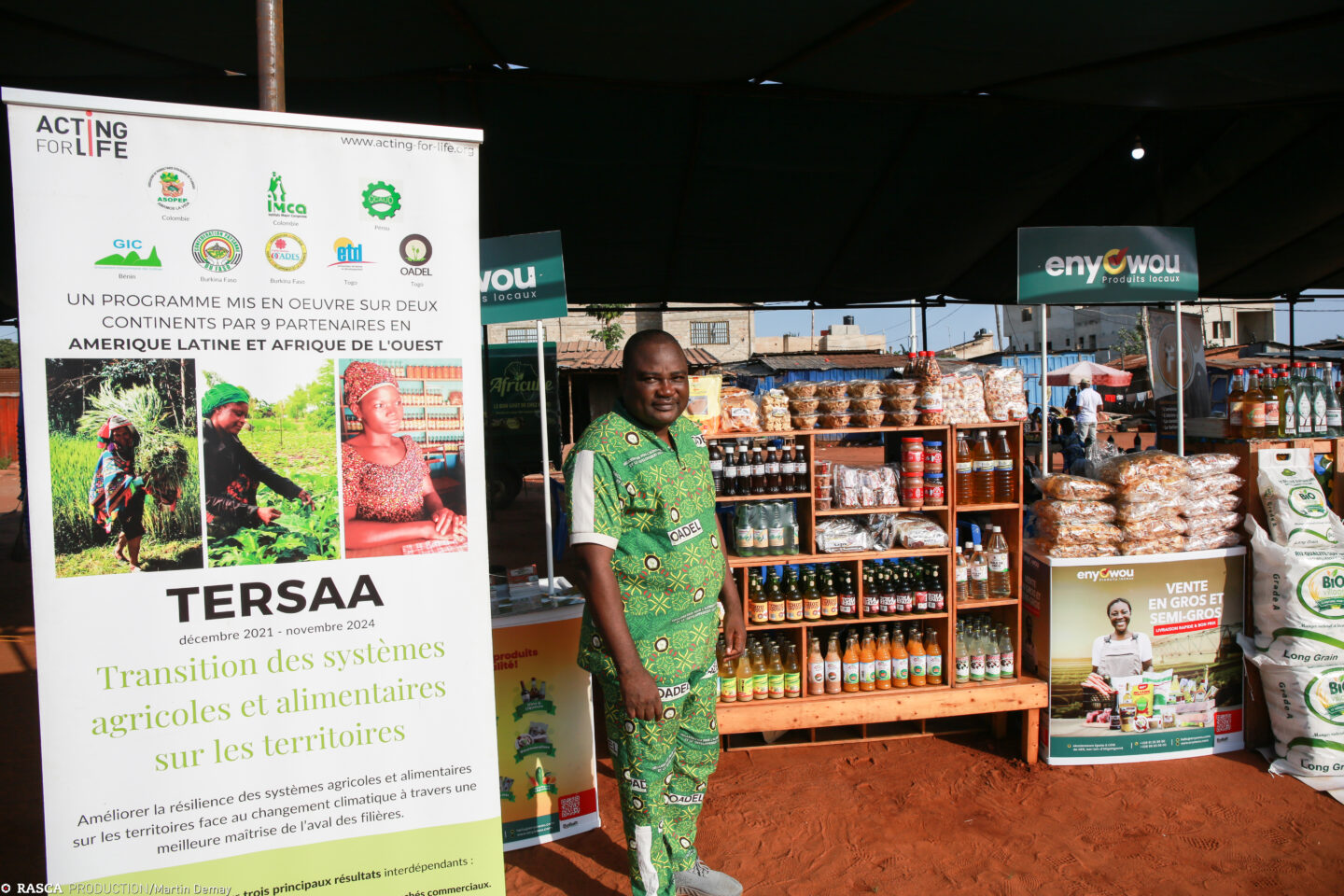
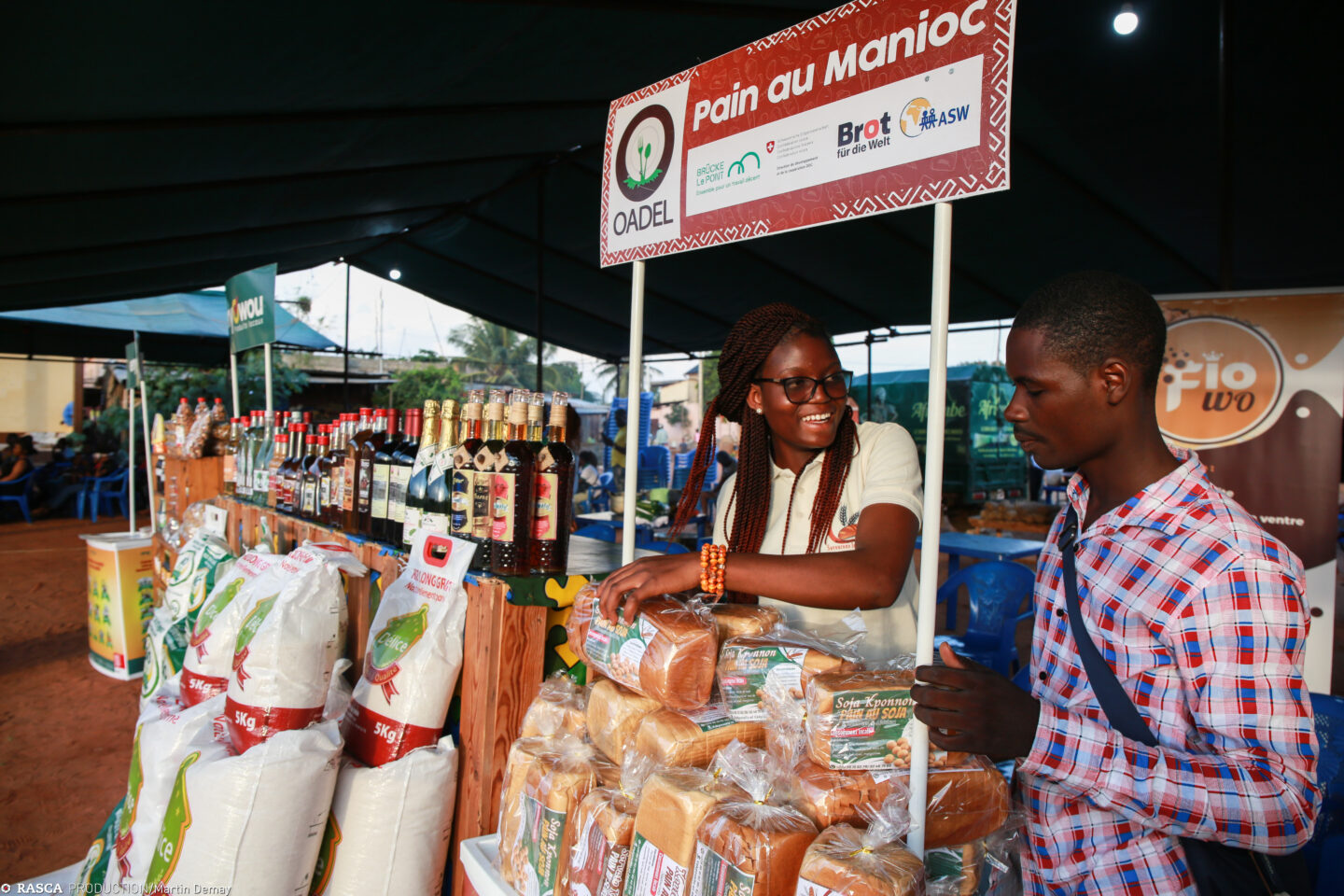
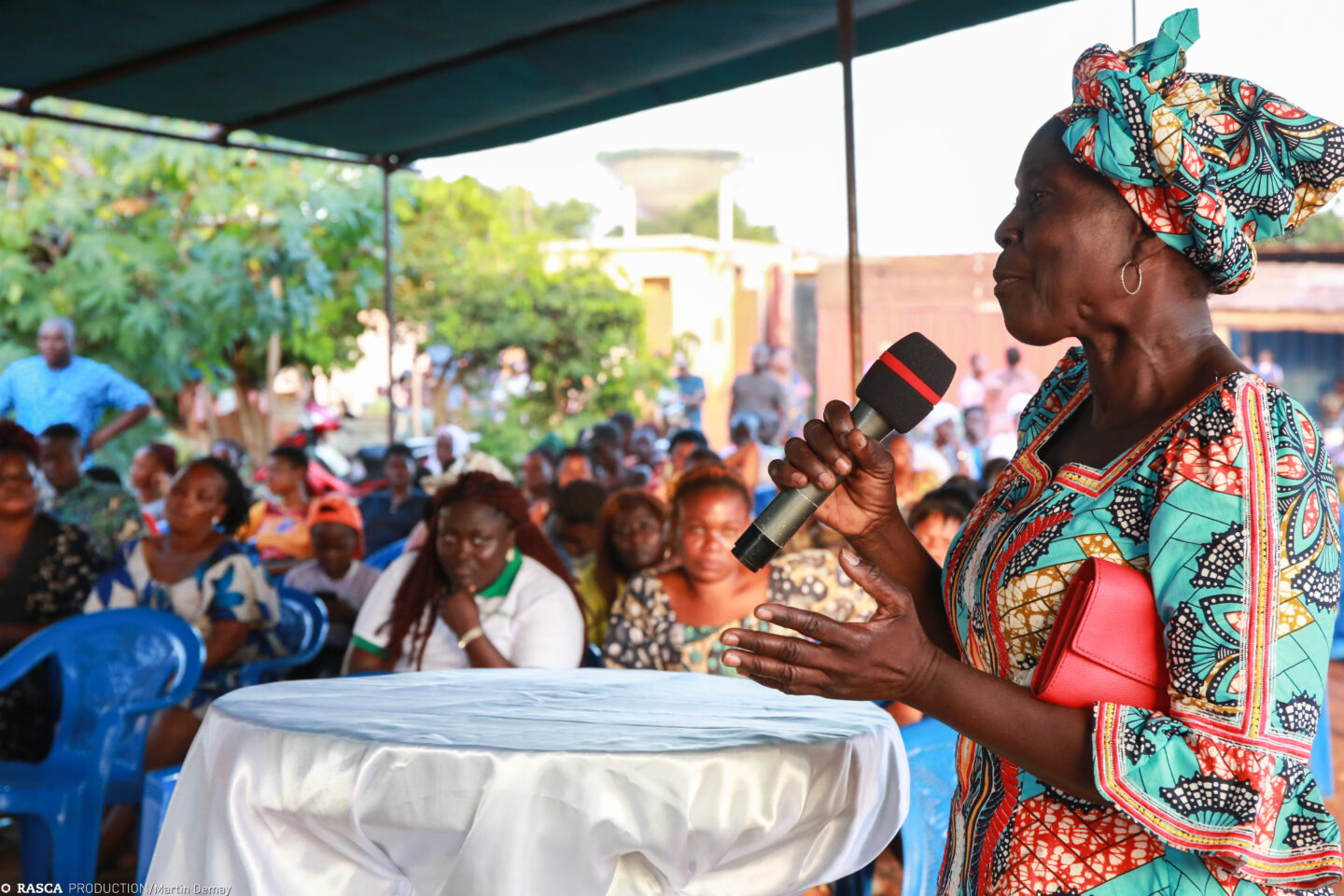
In addition, 86 multi-stakeholder consultation meetings organised as part of the programme have led to strategic decisions being taken. Nearly 10 commitments and/or public policies and numerous trade agreements were formulated in West Africa and Latin America. The TERSAA programme aims to mobilise stakeholders, particularly institutional and political stakeholders, in favour of sustainable food systems, by means of lobbying in favour of public procurement and support for the development of local food plans. The aim is to create sustainable and equitable economic partnerships and enable producer organisations to reach institutional markets.
Future prospects for the TERSAA programme
These encouraging results and the analysis of the data collected over the first period of the programme’s implementation have already enabled us to identify a number of areas for improvement. For example, while a large number of trade agreements have been signed, the challenge now is to make them sustainable over time and to formalise them. In addition, in view of the ever-increasing impact of climate change, the programme will continue to strengthen adaptation measures and support for resilient practices, in order to better anticipate their worsening. Indeed, access to water, already a problem in many areas, is set to become a major issue in the coming years.
The TERSAA programme is financially supported by the Agence française de développement (AFD), Air France, SERVAIR, the Communauté d’Agglomération Roissy Pays de France, the Fondation AnBer, the Fondation Bel, the Fondation Ditumba, the Fondation Girafe Formations, the Fondation Lord Michelham, the Fondation de France and the Comité Français pour la Solidarité Internationale.
